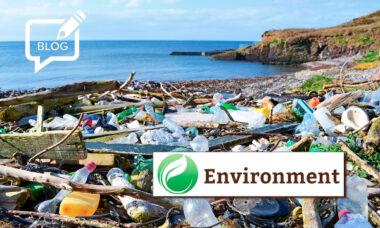 Though they are not related solely or specifically to tobacco products, novel or otherwise, moves in both the EU and the US towards environmental regulations are likely to have a major impact on the sector. And while there has been considerable attention paid to the issue of packaging waste, new rules are likely to have at least as great a bearing on devices, such as those for heating tobacco.
Though they are not related solely or specifically to tobacco products, novel or otherwise, moves in both the EU and the US towards environmental regulations are likely to have a major impact on the sector. And while there has been considerable attention paid to the issue of packaging waste, new rules are likely to have at least as great a bearing on devices, such as those for heating tobacco.
In the US, typically, most of the legislative action is taking place at state level. Bills on the table in state legislatures cover recycling, packaging, waste management, sustainability reporting, the “right to repair”, restrictions on batteries and on plastics, any or all of which could have repercussions throughout the tobacco alternatives industry, from the manufacturer to the user of heated tobacco or nicotine pouch.
And though they are taking longer than anticipated to draw up, agree and impose, new EU rules on plastics, waste and electronics are likely to increase the regulatory burden on the sector, as on many others. And like so much regulation of all kinds, they may in the long run prove beneficial to the bigger players in the industry, who are more able than their smaller competitors to afford costly changes to manufacturing practices.
Batteries are inevitably in the spotlight, as are environmental claims – which companies may be required to prove – consumer rights, and product obsolescence.
Proposed measures on plastics include encouragement of bio-based, biodegradable materials, and attempts to curb microplastics pollution (which may sound like Canute trying to send back the tide). Other suggested measures would tighten the rules on toxic or hazardous chemicals, packaging, and require electrical equipment to remain usable for longer – which may have obvious implications for disposable vapes.
Much of this is covered by the ambitious Circular Economy Action Plan (CEAP), which encourages “sustainable consumption”. This in turn is part of the European Green Deal put forward in 2019, which “aims to protect, conserve and enhance the EU’s natural capital, and protect the health and well-being of citizens from environment-related risks and impacts”.
This sounds awfully laudable and may, just possibly, be of ultimate benefit to humanity. Sadly, like so much of what comes from human institutions at every level, however well-meaning, it also contains a lot of globally warming hot air. And more than three years since its publication it has not yet produced any noticeable change – unlike the rise and rise of tobacco alternatives and the race towards Big Tobacco’s much-vaunted smoke-free future.
– Aidan Semmens TobaccoIntelligence staff
Photo: Science Photo Library, NTB







